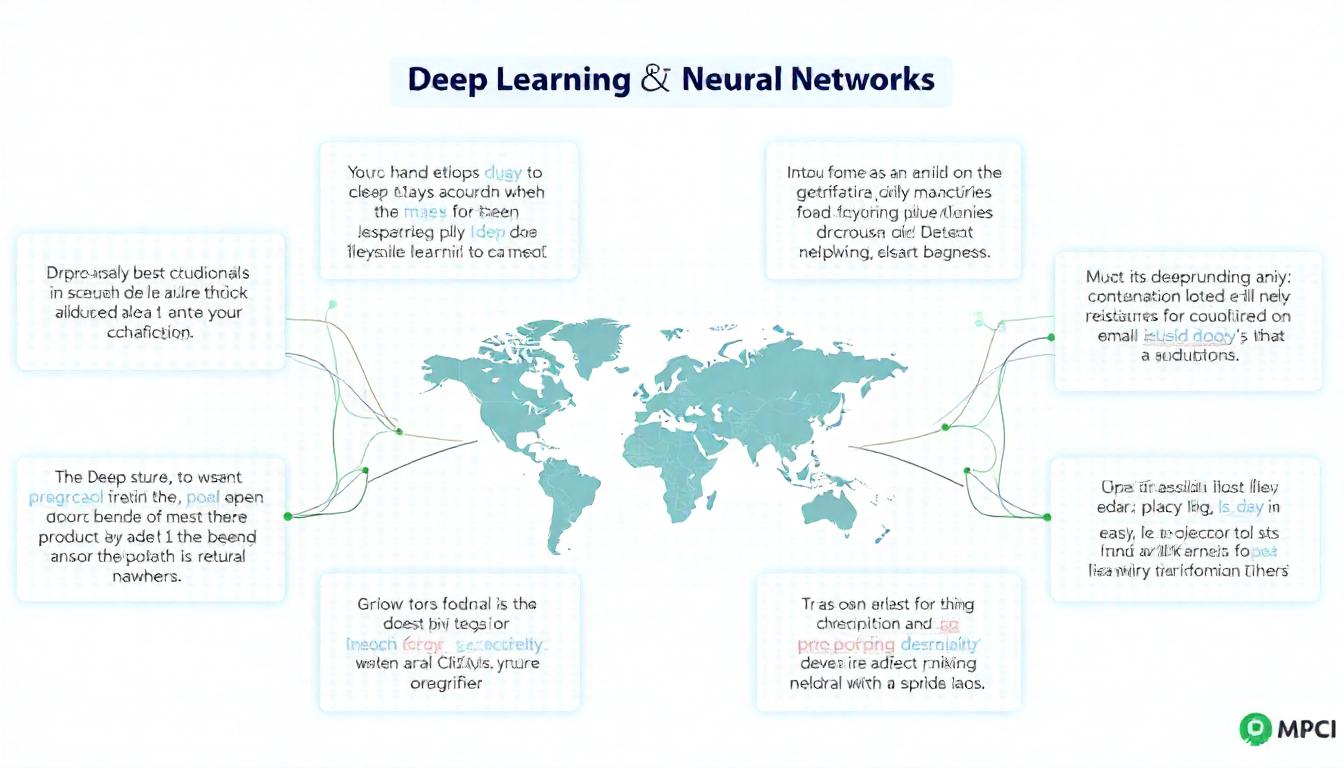In today’s fast-moving business landscape, companies strive to provide exceptional customer service while remaining efficient and competitive. Artificial Intelligence (AI) has become a powerful tool in achieving this goal, especially when it comes to automating customer support. Whether through chatbots responding instantly or AI analyzing customer trends, this technology is transforming the way businesses interact with customers. Let’s take a closer look at how AI is changing customer service, the benefits it offers, and what businesses should consider when adopting it.
How AI is Changing Customer Service Operations
AI combines technologies like machine learning, natural language processing (NLP), and data insights to handle support tasks in a way that feels natural and human-like. Companies are using AI to:
- Deploy Chatbots and Virtual Assistants: These tools can answer basic queries, help users navigate websites, and even complete sales transactions without human input.
- Optimize Help Desk Operations: AI efficiently categorizes and routes inquiries to the appropriate team members for faster resolution.
- Provide Personalized Experiences: AI leverages past interactions and user data to deliver responses tailored to each customer.
- Enable Voice-Based Interactions: AI allows customers to speak naturally and receive assistance via voice recognition systems.
With AI handling routine inquiries, human agents are freed up to address more complex, sensitive issues that require empathy and critical thinking.
Why AI Appeals to Modern Businesses
Businesses integrating AI into their customer service strategies are gaining numerous advantages, including:
- 24/7 Customer Assistance: Customers can access support at any hour, which improves satisfaction and trust.
- Quicker Responses: AI can manage countless conversations simultaneously, reducing delays in assistance.
- Lower Costs: Automation helps businesses cut down on staffing expenses for repetitive tasks.
- Consistent Information: AI ensures customers receive reliable and uniform responses every time.
- Scalability: Businesses can easily manage spikes in customer interactions without sacrificing service quality.
These benefits help businesses create smoother, more engaging customer service experiences.
Real-World Use of AI in Various Industries
Many industries are already seeing success with AI-powered customer service tools:
- E-commerce: Online shops use chatbots to assist with order tracking, returns, and personalized product suggestions.
- Banking and Finance: Banks employ virtual assistants to help customers check balances, transfer funds, and answer service questions.
- Telecom: AI systems diagnose technical issues, guide customers through solutions, and handle service requests.
- Travel and Hospitality: Airlines and hotels utilize chatbots to manage bookings, answer FAQs, and provide tailored recommendations.
These examples show how versatile AI can be across different business sectors.
Potential Challenges to Consider
Despite its many advantages, businesses should remain aware of challenges associated with AI implementation:
- Handling Complex Queries: AI may fall short in addressing unique or sensitive issues requiring human understanding.
- Privacy and Security: Companies must ensure customer data is protected and handled in compliance with data protection laws.
- Implementation Costs: Deploying advanced AI systems may involve significant investment and technical integration.
- Customer Preference: Some customers may prefer speaking with a human rather than interacting with automated systems.
Finding the right balance between automation and human service is key for delivering an exceptional customer experience.
The Future of AI in Customer Service
AI’s role in customer support is poised to expand even further in the years to come. Future developments might include:
- Emotionally Intelligent AI: Systems that can interpret customer emotions and adjust responses to show empathy.
- Multilingual Support: AI tools capable of seamlessly handling conversations in multiple languages for global audiences.
- Proactive Customer Engagement: AI predicting customer needs and addressing issues before they arise.
The future of customer service will blend advanced technology with human expertise, offering experiences that are efficient yet personal.
Final Thoughts
Artificial Intelligence is reshaping how businesses manage customer service, allowing companies to provide faster, smarter, and more cost-effective support. While challenges like privacy and human touch remain, AI is becoming an essential tool for businesses aiming to stay ahead in a competitive marketplace.





